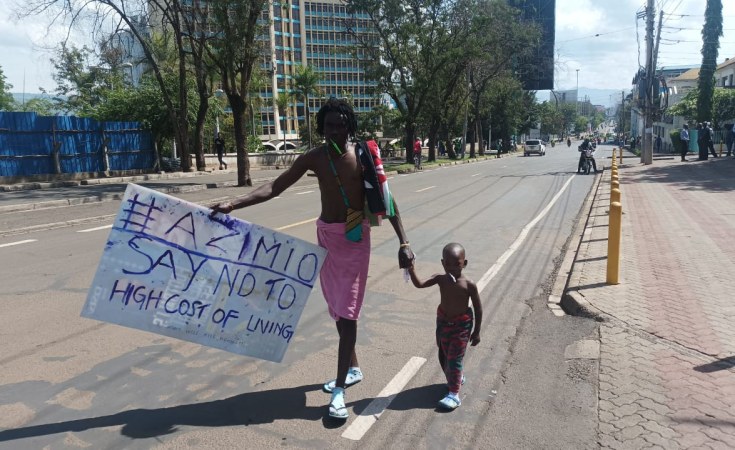Accra - The European Union (EU) has announced a 32 million euro initiative aimed at enhancing vaccine production in Ghana. The announcement was made during the Ghana-EU Business Forum held in Accra.
The initiative, know as known as the Special Measure on Manufacturing and Access to Vaccines, Medicines, and Health Technologies in Africa (MAV+), is designed to strengthen Ghana's healthcare sector by improving access to high-quality health products, particularly vaccines.
Ghana's development goals
Myriam Ferran, the Deputy Director-General of the European Commission, emphasized the EU's commitment to supporting Ghana's development goals. She noted that the initiative is not only expected to bolster the country's healthcare system but also to stimulate economic growth.
"Through this initiative, the EU will assist Ghana in developing a robust ecosystem capable of producing a skilled workforce, strengthening research and development capabilities, establishing a comprehensive regulatory framework, facilitating technology transfer, and fostering both bilateral and multilateral partnerships for vaccine and pharmaceutical production," Ferran explained.
To display this content from X (Twitter), you must enable advertisement tracking and audience measurement.
Accept Manage my choices Dr Anthony Nsiah-Asare, presidential advisor on health for Ghana, highlighted the government's collaboration with the EU to realize President Nana Akufo-Addo's vision of making Ghana a regional hub for vaccine manufacturing.
He said, "Since 2022, the EU has been actively supporting vaccine production in Ghana at both public and private levels. This crucial initiative aims to ensure that vaccines manufactured in Ghana meet the quality standards necessary for access to regional and global markets."
Additionally, in partnership with the German Development Cooperation, the EU has initiated a €3.1 million project to enhance the capacity of Ghana's Food and Drugs Authority (FDA).
This funding is intended to improve the FDA's regulatory and oversight capabilities, ensuring that all pharmaceutical products produced in Ghana meet stringent safety and efficacy standards.
The grant will help the FDA enhance its quality control measures, ensuring that vaccines and other pharmaceuticals adhere to international standards.
National Vaccine Institute
In 2023, the Ghanaian government established the National Vaccine Institute, supported by a 25 million euro fund. This institute aims to streamline vaccine production and enhance the capacity of local pharmaceutical companies to produce, package, and distribute mRNA vaccines for COVID-19, Malaria, and Tuberculosis.
The initiative was spurred by the COVID-19 pandemic and the subsequent vaccine shortages experienced in 2020.
The EU has also provided a five million euro grant through the European Investment Bank to DEK Vaccines Limited. This funding supports the establishment of a fill-and-finish vaccine manufacturing facility in Ghana.
Vaccine Importation
Currently, 99 percent of vaccines used in Africa are imported, with many countries relying heavily on donations. Ghana is no exception to this trend.
To display this content from X (Twitter), you must enable advertisement tracking and audience measurement.
Accept Manage my choices Professor William Ampofo, Chief Executive Officer of the National Vaccine Institute, expressed optimism that the global initiative would create a conducive environment for local vaccine production.
"Ghana has been spending significantly on vaccines. Local production will not only reduce costs but also create jobs and accelerate the country's economic development. There is a pressing need to strengthen public-private partnerships to support the pharmaceutical industry," he added.


